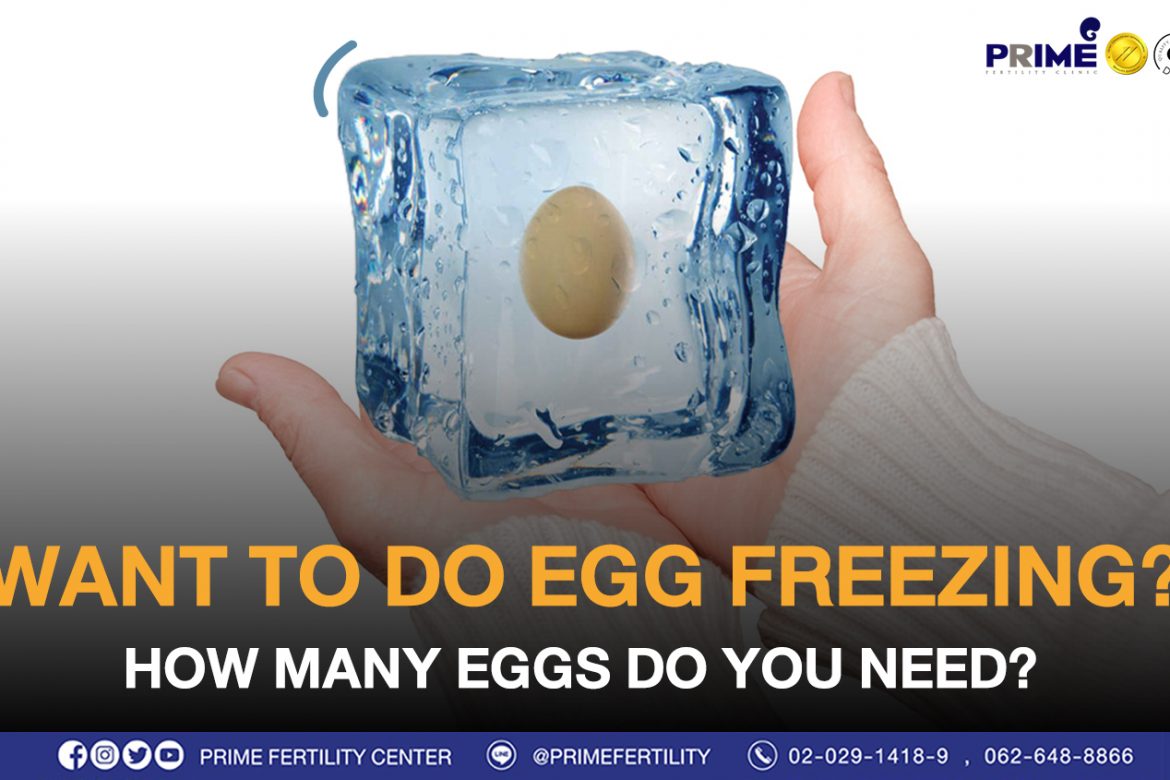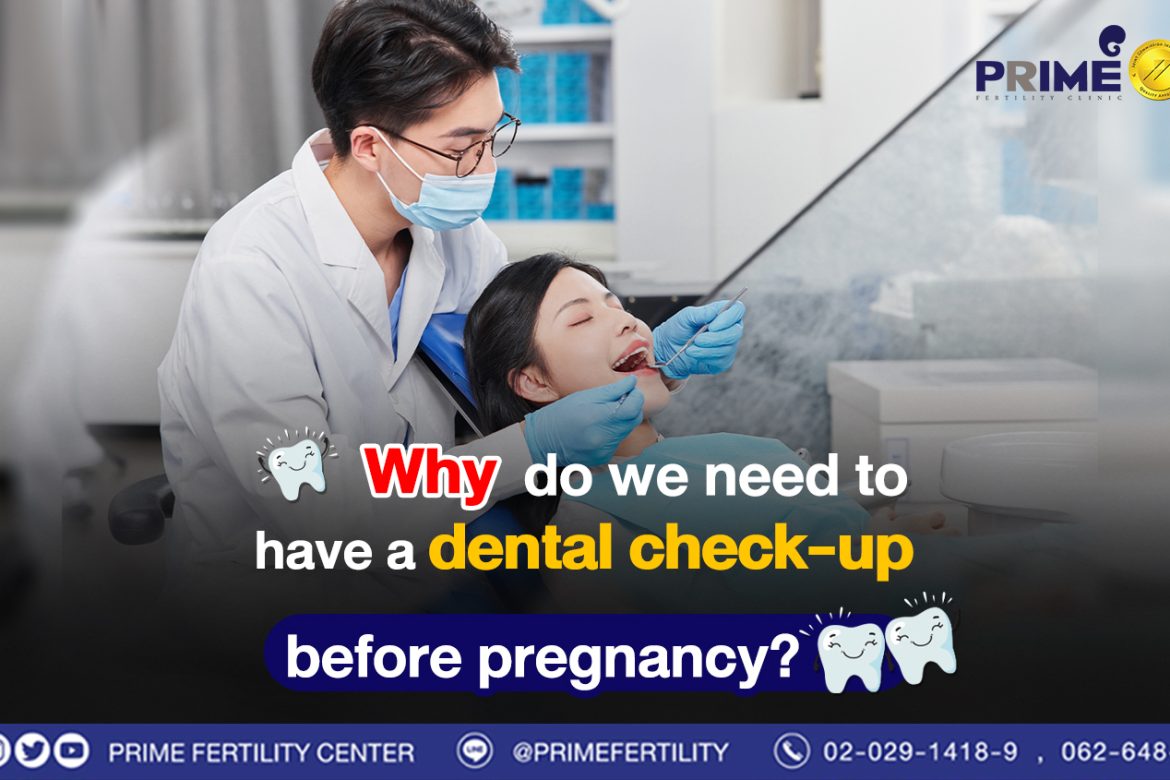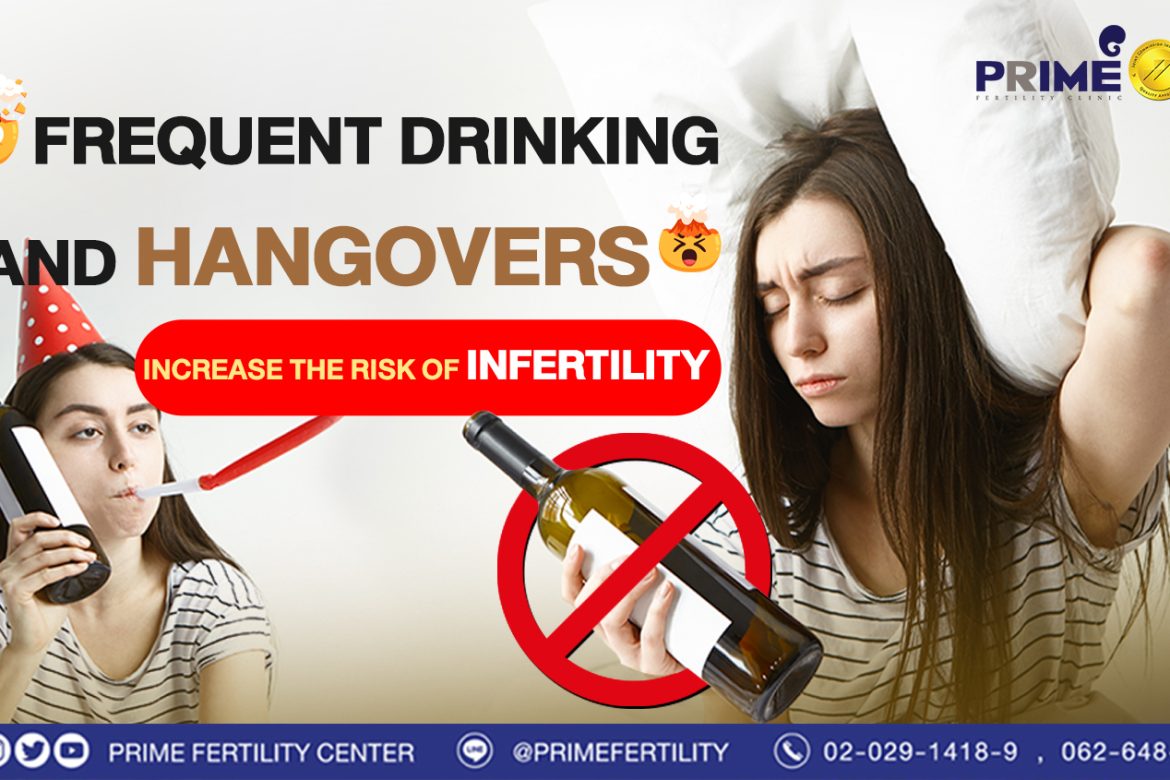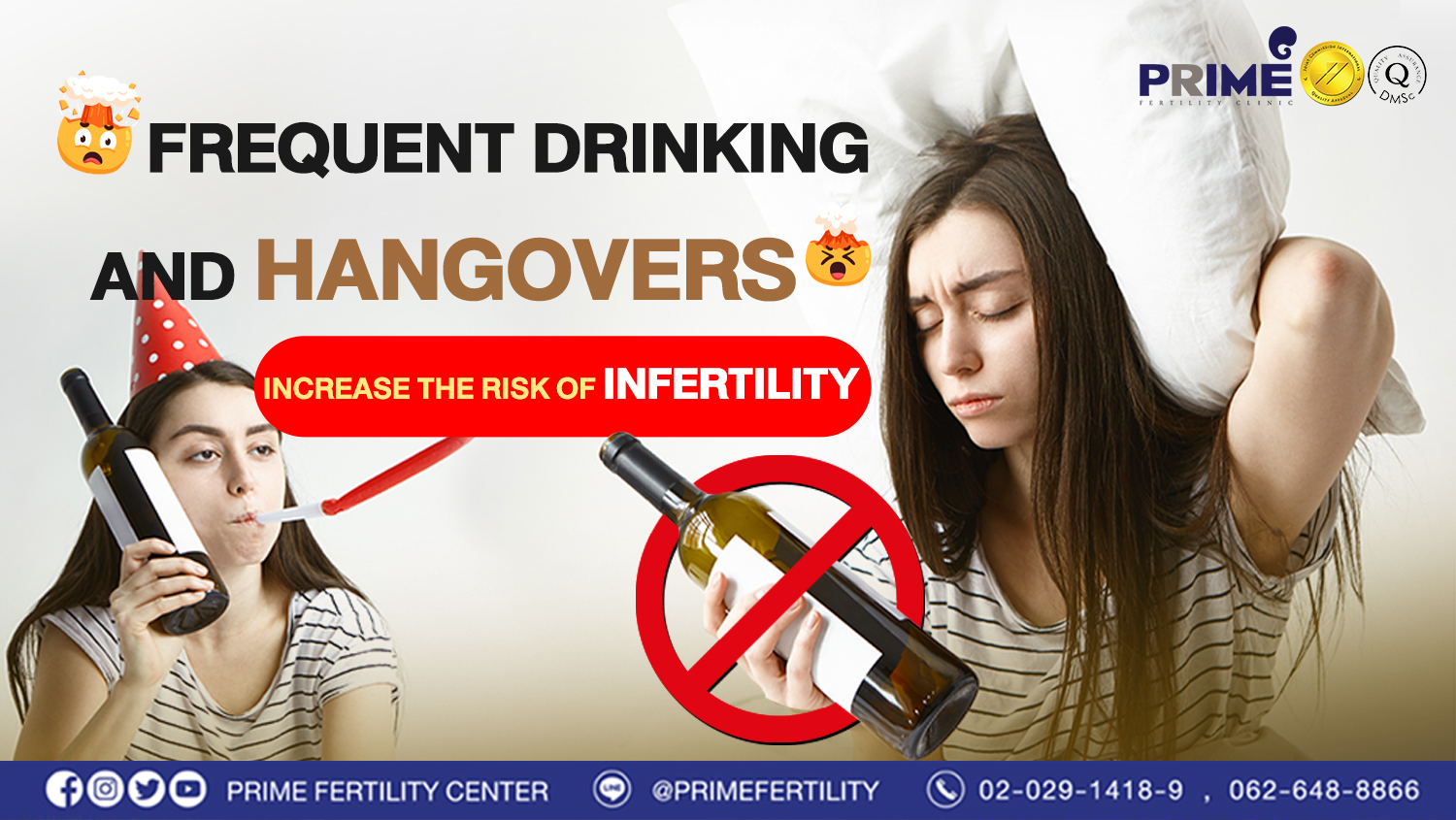The egg cell is the biggest cell in human body and composed of water as main organelle. Freezing the egg cell by using slow freezing technique might cause ice crystals that eventually could damage the cell structure, leading to low success rate.
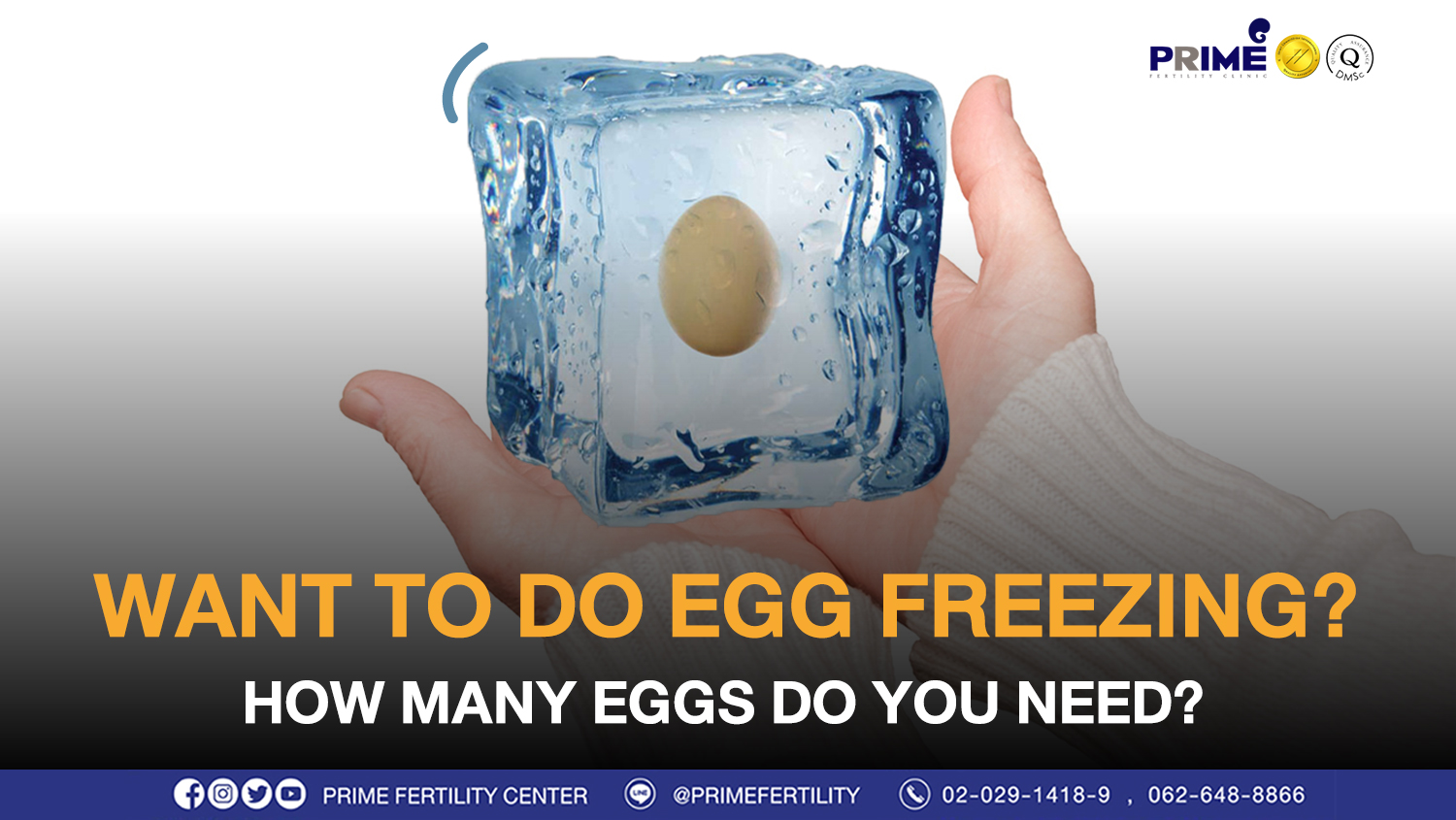
However, at the present, Vitrification technique is available. By extremely quick decreasing the temperature, it will reduce the chance of ice crystals occurring within cells. The cell damage will rarely be found, comparing to old methods. So, this technique has a very high success rate.
Nowadays, Egg Freezing has become popular. This technology can prevent the Egg Cell from stop functioning. It is like you stop your aging while your age number is increasing. Every part will remain the same without any changes. The egg will be preserved safely under liquid nitrogen at -196 °C.
What you have to be concern is how many eggs needed to have a child. At the present, the recommendation for people who are less than 35 years old is at least 10 to 15 eggs for Egg freezing.
Apart from the proper number of eggs, the quality of the egg during the age range while freezing also plays a part in the success rate. The younger the egg is, the more successful the procedure will be. Do not forget that if you get older, the success rate of pregnancy by Egg Freezing will be less and you will need more eggs.
As the quality of the egg will decline along with your age, proceeding the Egg Freezing before the age of 35 is a safe and great choice to preserve your eggs for your future pregnancy preparation.
If any further information needed, please feel free to consult with us here at Prime Fertility Center.
Reference: Prime Fertility Center Co., Ltd.
Contact Prime Fertility Center | bangkok ivf | ICSI Thailand | fertility clinic
Tel. : 062-648-6688 / 062-648-8866 / 02-029-1418–9
Line : http://line.me/ti/p/~@primefertility
Facebook : https://www.facebook.com/primefertilitycenter
E-mail : info@primefertilitycenter.com
Egg Freezing, Embryo Freezing
Egg and embryo cryopreservation have become routine procedures in human assisted reproduction and oocyte cryopreservation is being introduced into clinical practice which is getting more and more widely used. The ability to freeze (Cryopreserve) and store for long periods of time, human sperm, embryos and recently eggs has opened many options for both fertile and infertile people. The modern freezing techniques are not associated with any significant damage to these cells as the results after thawing are very similar to those obtained with fresh ones. This allows Banking of eggs and embryos for future use. Vitrification is the most popular and up-to-date embryo cryopreservation that is an ultra-rapid method of cryopreservation whereby the embryo is transitioned from 37 to −196 °C in <1 s, resulting in extremely fast rates of cooling. High concentrations of cryoprotectants together with rapid cooling rates are essential to cryopreserve embryos in a vitrified, glass-like state without any ice crystals forming. This is important in the embryology world because ice crystal formation can be very damaging to frozen embryos by reducing their viability.
Egg freezing
There can be wide variation in the percentage of eggs that survive freeze and thaw process. It is possible that no eggs will survive the freeze and thaw process at all. Eggs are kept in liquid nitrogen tank until thawing is performed. Eggs can theoretically be stored for years and viable after thawing. This procedure is ideal for women who facing chemotherapy for cancer treatment since eggs in their ovaries will become damaged after chemotherapy. So preserving their fertile eggs prior to chemotherapy will be the only way to preserve their fertility. Fertility of women become lower as they grow older, after 35 years of age, their fecundity begins to be lower and after 40 years of age, it will be difficult to get pregnant. Freezing eggs at younger age is the way to prevent age barrier and maintain the good chance of pregnancy

